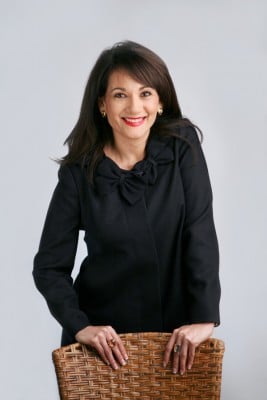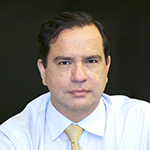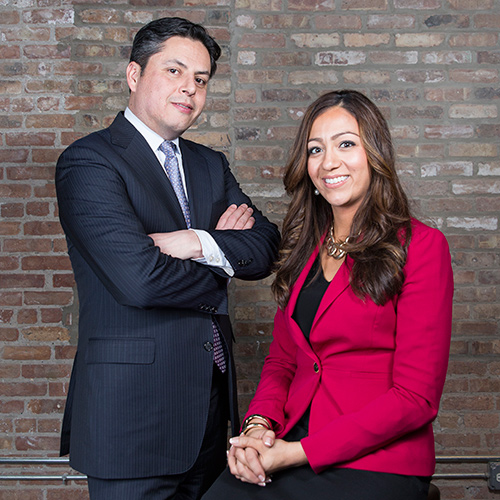
Veronica Gonzales can readily tell anecdotes about dozens of young, impressive Hispanic up-and-comers. She recalls a young Latina scholarship recipient who came to her for advice and eventually landed a fellowship to work with Texas congressman Lloyd Doggett. Another Latina that Gonzales mentored landed an internship that took her all the way to Vice President Joe Biden’s office. “She’s considering running for office in the future,” Gonzales says with pride.
Gonzales serves as vice president for government and community relations at the newly established University of Texas Rio Grande Valley. Her responsibilities, similar to when she was VP for university advancement at University of Texas’s Pan American campus, span as far and wide as South Texas itself. But on a more personal level, she can boil her takeaways down to a few simple things: pay it forward, get involved, and make a difference.
The Rio Grande Valley campus is poised to play a substantial role in making that difference. The new campus is a consolidation of the University of Texas at Brownsville and the University of Texas—Pan American, with the substantial addition of a medical school. “The medical school is desperately needed down here because we want to grow our own doctors,” Gonzales says. “They are the ones who will be taking care of us in the future.”
Equally important is the focus the University is putting on the STEM (science, technology, engineering, and math) fields for optimal pay and job growth. With the help of student-interest engines such as the educational conference Hispanic Engineering, Science, and Technology Week (HESTEC), Gonzales has witnessed the impact NASA, the Navy, Exxon Oil, and other heavy hitters have had on students previously uncertain about their plans.
“It used to just be about getting [Hispanics] to college,” she notes. “But now it’s more about getting them into college with an idea of what it is they want to do—their passions—and making that a reality for them.”
Those with a passion for space exploration are especially fortunate to attend the Rio Grande Valley campus, as entrepreneur Elon Musk has a Space X Private Launch Site along the South Texas coastline. In conjunction with the STARGATE Research Center nearby, students will be able to track rockets in flight while pursuing physics, astrophysics, and coastal studies.
“We’re looking at space studies, engineering, and a top medical school—it’s a game-changer for our state, for our Hispanic population, and for the nation overall,” Gonzales says of the new university. “South Texas will be put on the map for bringing about new careers and new discoveries.”
Ingenuity is something the region can certainly use at a time when it’s become more commonly identified with having border patrol issues. Illegal immigration is a frustrating matter for locals—not the issue itself, but the way the media presents it. Gonzales stresses that matters of violence are generally on the other side of the border and that the people of Rio Grande Valley generally feel very safe and protected.
“I don’t think anyone desires to leave their home country. Those of us who live on the border have a better understanding of why immigrants do what they do.”
She also empathizes with those who do cross the border to start new lives in America: “These are real people that we see, that live here and work here. The references to them as ‘illegal aliens’ don’t paint them as real,” she laments. “I don’t think anyone desires to leave their home country. Those of us who live on the border have a better understanding of why immigrants do what they do.”
From 2004 to 2012, while representing District 41 in the Texas House of Representatives, Gonzales often took advantage of unique opportunities to disprove the hype. “I would bring Texas legislators down [to the Rio Grande Valley] all the time, and they’d tell me that seeing it gave them a whole different understanding of the issues,” she says.
It was with keen awareness of multiple issues for Hispanics—including not just border security and education, but also health care and all its complexities—that Gonzales served in state legislature. Her efforts gave her a seat on the public health committee for three sessions and allowed her to chair a committee on border affairs and work with the Mexican American legislative caucus. After eight years, she was ready to get back to “her day job,” as she calls it. But her passion for public service is ongoing and something she continues to encourage, particularly in regard to education.
“People can create opportunities for students through scholarships, internships, mentoring programs… if we don’t have the time, we can give our money. If we don’t have the money, we can give our time.” Gonzales says.

